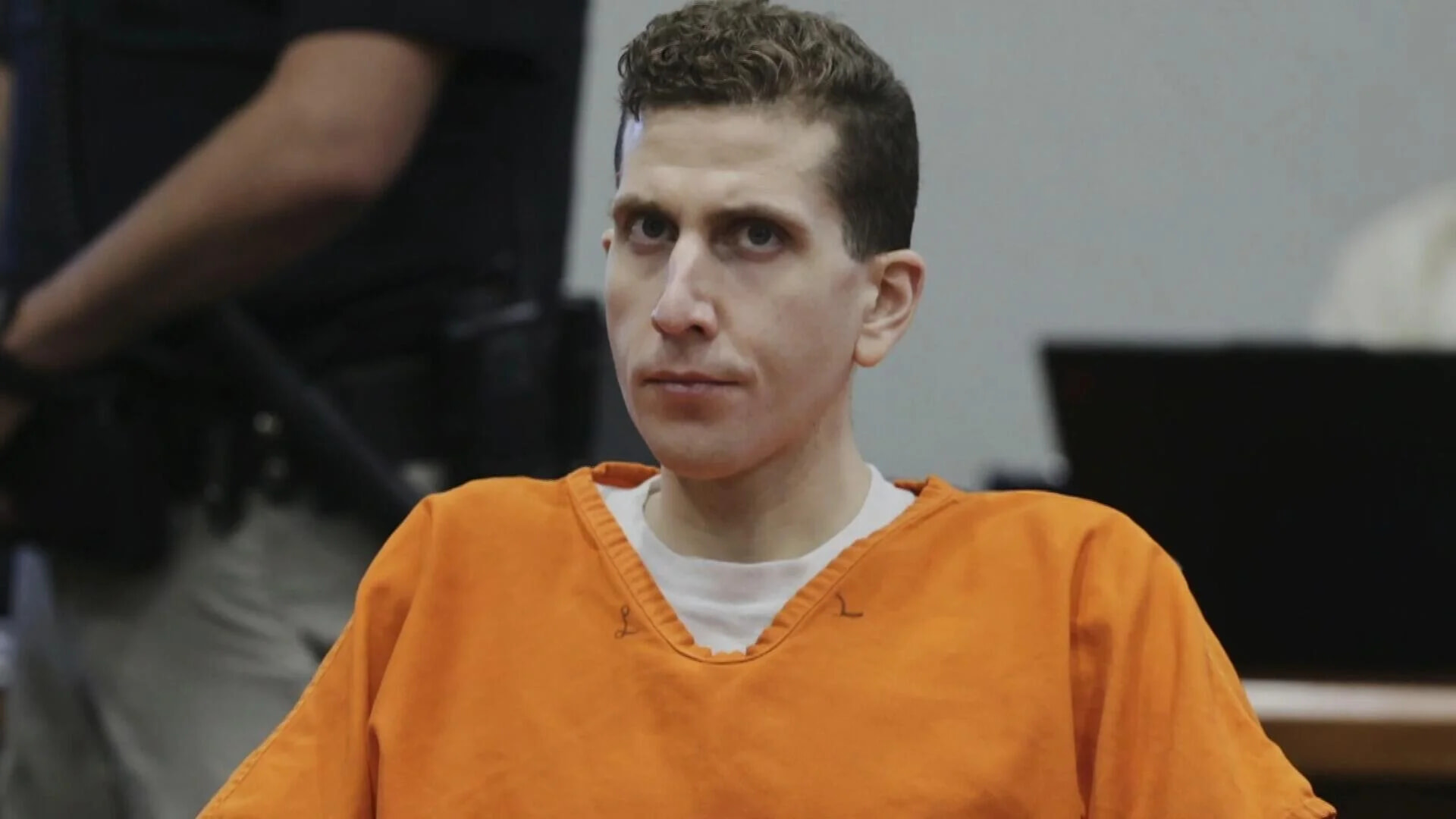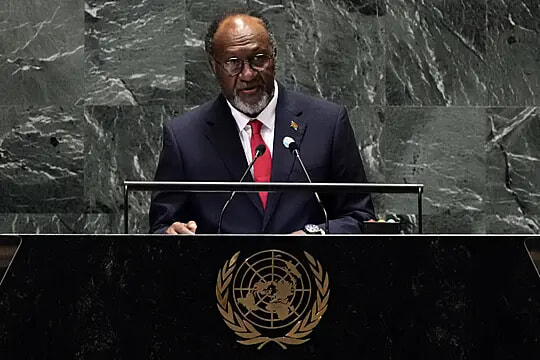
UN Court of Justice Rules That Countries Will Violate Intl. Law By Failing to Address Climate Change
This is a big move.
Published July 29, 2025
Advertisement
Advertisement
1. The Climate Conversation
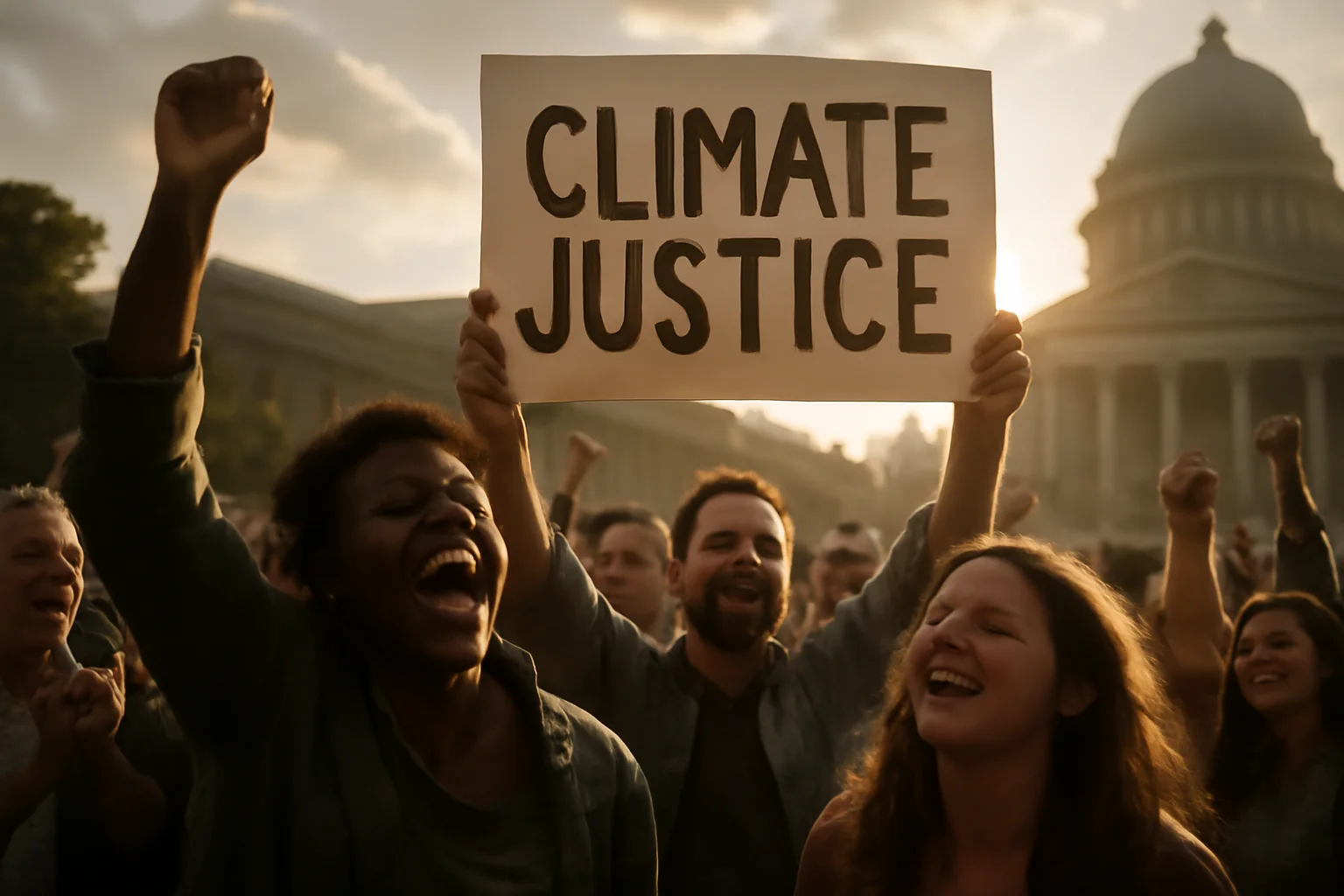
The world’s highest court in The Hague has issued a landmark ruling, declaring that nations are legally obligated under international law to combat climate change and protect the environment from harmful emissions.This unprecedented advisory opinion from the International Court of Justice (ICJ) arose after years of lobbying by small island nations and youth activists facing existential threats from rising seas and extreme weather.Driven by a coalition led by Vanuatu and inspired by Pacific Island students, the case called on the court to clarify what obligations nations truly hold in addressing the climate crisis.The ICJ ruled that states must take all necessary measures to prevent activities under their control from causing significant harm to the climate system, using the full extent of their power and resources.Countries found in breach of these obligations could be compelled to cease harmful conduct and, depending on circumstances, offer guarantees of non-repetition and make full reparations—including compensation for damages.While the ruling is non-binding, it carries significant moral and legal authority, setting a powerful precedent for future climate litigation worldwide.The court’s decision echoes demands from vulnerable countries that have long decried the failures of existing treaties and negotiations, such as the Paris Agreement, to deliver urgent action or justice.For many, this opinion marks a dramatic shift: climate change is now clearly framed not only as an environmental crisis but as a matter of human rights and legal responsibility among nations.UN Secretary-General António Guterres called it a “victory for our planet, for climate justice, and for the power of young people to make a difference,” signaling the ruling’s profound symbolic impact.Legal experts and campaigners believe this advisory opinion will energize ongoing efforts for climate justice, embolden activists, and provide new leverage at international negotiations and in national courts.The question now is how governments will respond to the ICJ’s call, as history shows that international law can be a catalyst for genuine action when political and social movements demand accountability.
Advertisement
2. Pacific Voices at the Frontlines
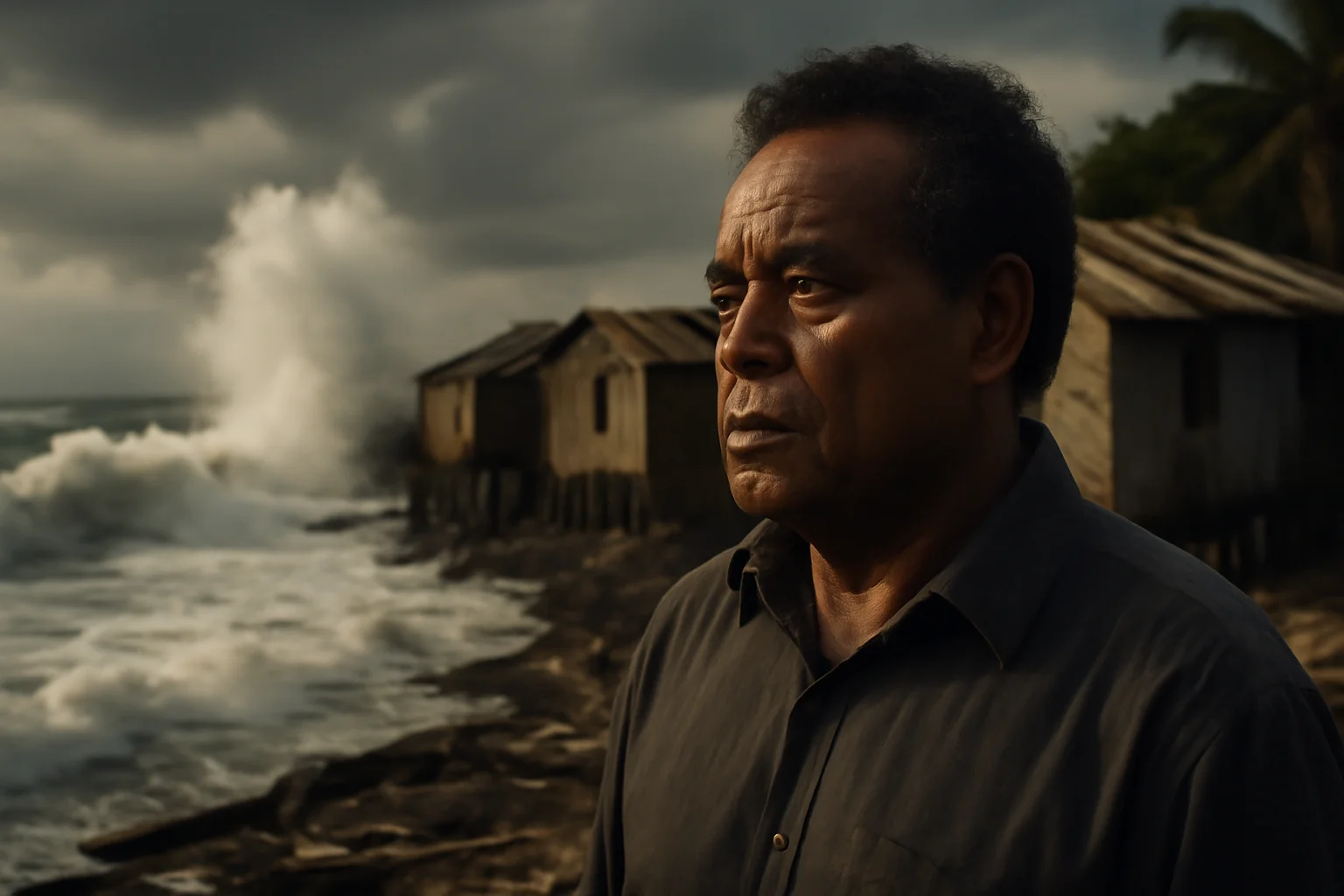
Vanuatu and other low-lying Pacific island nations have led the charge to hold major polluters accountable, seeing climate change as a direct threat to their survival.Despite contributing just a fraction of global greenhouse gas emissions, these nations endure the harshest consequences—rising seas, catastrophic cyclones, and the forced relocation of entire communities.Driven by a movement of young law students, these island countries gathered support from more than 130 states and eventually convinced the UN General Assembly to refer the matter to the ICJ.The Pacific’s case was simple but powerful: those who have done the least to cause climate change are suffering the most, and justice demands recognition and remedy.During the hearings, representatives like Ralph Regenvanu, Vanuatu’s climate minister, described the devastating toll of cyclones that wiped out homes, economies, and ways of life.Frontline testimony included firsthand accounts of loss—houses toppled, infrastructure destroyed, and centuries-old ways of living threatened by relentless waves and unpredictable weather.In 2023 alone, Vanuatu was battered by three Category 4 or higher cyclones, affecting nearly two-thirds of its citizens and costing more than $400 million in damages.The court’s ruling validated these experiences, recognizing that states like Vanuatu have a right to seek reparations and that developed nations bear legal responsibility for their historic emissions.For activists and community leaders, the judgment offered long-awaited recognition of their suffering, resilience, and determination to secure a future against overwhelming odds.The ICJ’s advisory opinion is already seen by many as a lifeline—a signal that their voices have reached the highest levels of global justice and can no longer be ignored.It is now up to these communities, and their allies worldwide, to harness this momentum and demand that promises made in The Hague are honored beyond the courtroom.
Advertisement
3. A Warming Planet
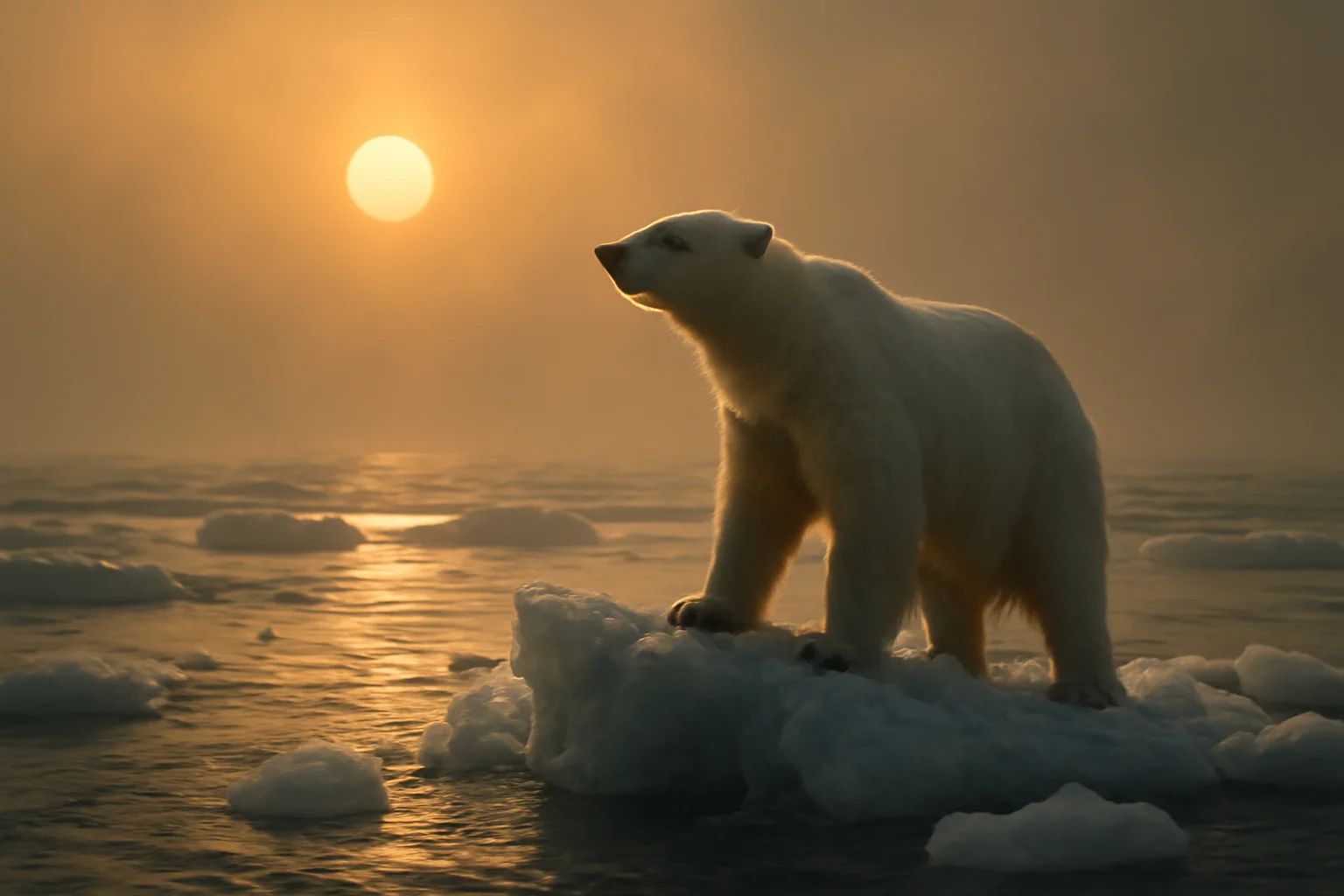
The ICJ’s decision marks the first time the world’s top court has directly addressed climate change, setting out clear legal standards for what nations must do to protect the environment.The ruling affirms that a “clean, healthy, and sustainable environment” is not merely aspirational, but a fundamental human right tied to the enjoyment of all other rights.Under existing treaties such as the Paris Agreement, as well as broader international law, countries must cooperate and pursue ambitious emissions reductions, not just for their own sake, but for the global community and future generations.Failure to act, the court said, could constitute an “internationally wrongful act” with potential consequences—legal, political, and financial.Critically, the court also found that nations are responsible for the actions of companies and industries under their jurisdiction, especially when they subsidize or permit fossil fuel expansion.This opens the door for governments to be held liable not just for their direct emissions, but for the broader impact of their economic and regulatory choices.Reparations could take many forms, from restoring damaged infrastructure and ecosystems to direct monetary compensation for losses that cannot be reversed.Yet, the court acknowledged the complexity of attributing specific damages to climate change, especially as scientific tools evolve to pinpoint responsibility for particular events.Still, legal scholars say the opinion provides a “toolkit” for vulnerable countries and advocates to pursue justice in a variety of courts and forums around the world.The decision also provides leverage for campaigners seeking more ambitious outcomes at upcoming UN climate summits, where the ruling is expected to be a central point of debate.For many legal experts, the advisory opinion signals the dawn of a new era—one in which climate accountability is no longer just a moral imperative, but a legal reality.
Advertisement
4. Historic Struggle
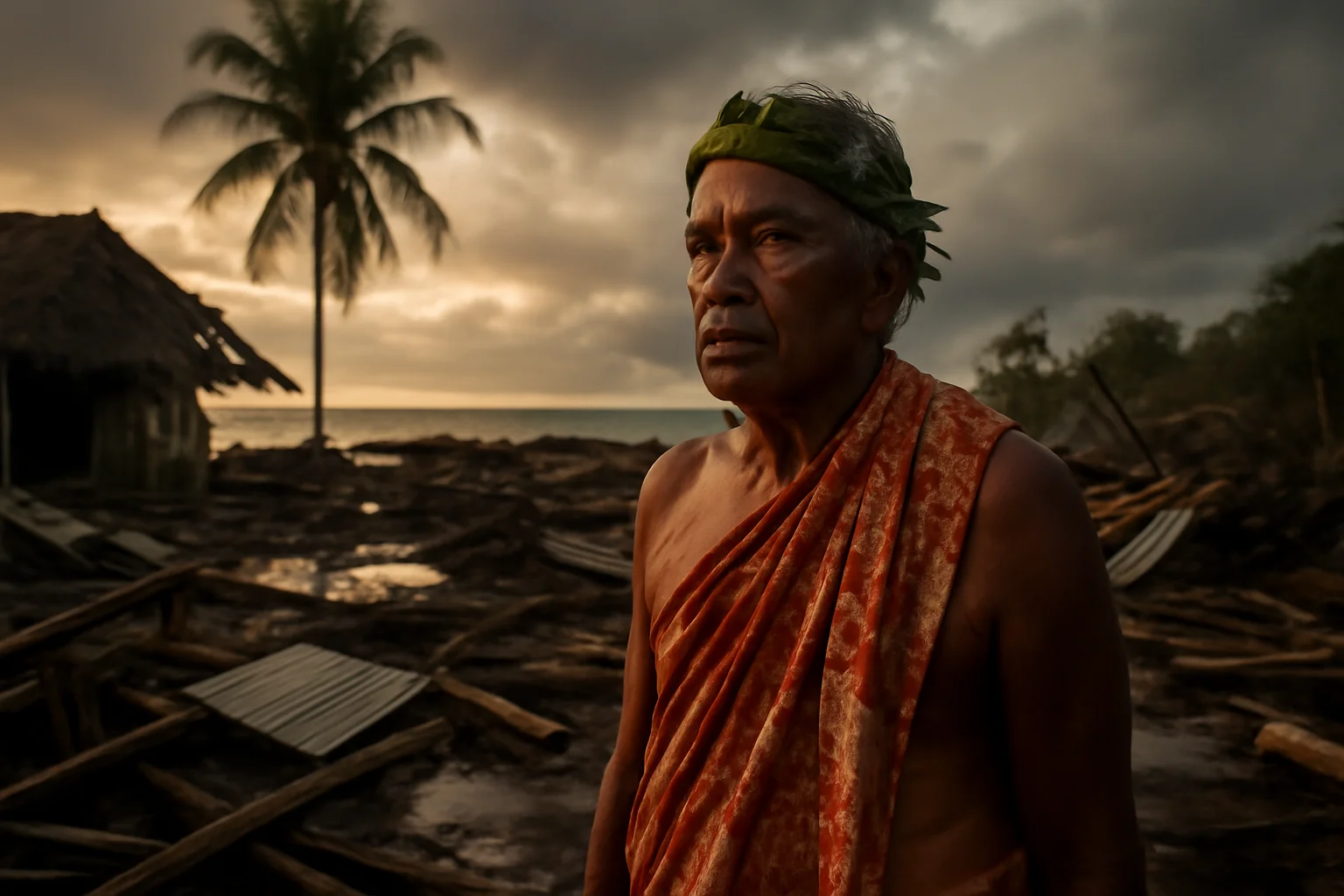
The roots of the ICJ case stretch back years, fueled by growing frustration among vulnerable nations with the pace and promises of international climate negotiations.Small island states, along with developing countries in Africa, Asia, and Latin America, have repeatedly highlighted the gap between lofty agreements and concrete action.The 2015 Paris Agreement, hailed as a turning point at the time, has so far failed to halt the rise in global emissions, leaving many communities exposed to worsening impacts.Led by Vanuatu and bolstered by student activists, these nations shifted strategy, turning to the courts to demand a binding interpretation of legal responsibilities and consequences.The campaign culminated in a 2023 UN General Assembly resolution requesting the ICJ’s advisory opinion—a move supported by more than 90 states, making it the largest case in the court’s history.Throughout the hearings, testimony from displaced Pacific Islanders, scientists, and legal experts underscored the urgent need for action beyond words.The court was asked two key questions: What are countries’ obligations under international law to prevent harm to the climate? And what legal consequences should follow if they fail?The case also highlighted the staggering economic costs already incurred by vulnerable nations—billions lost to extreme weather, adaptation, and loss of livelihoods.As climate lawsuits proliferate worldwide, the ICJ’s ruling now provides a new anchor for legal claims, making it harder for governments and polluters to evade accountability.Advocates say the case sets an important moral and political precedent, giving momentum to a movement that blends science, law, and grassroots activism.Ultimately, the fight for climate justice continues—shaped by a growing recognition that the costs of inaction are measured not just in money, but in lives and cultures at risk.
Advertisement
5. Major Powers Push Back
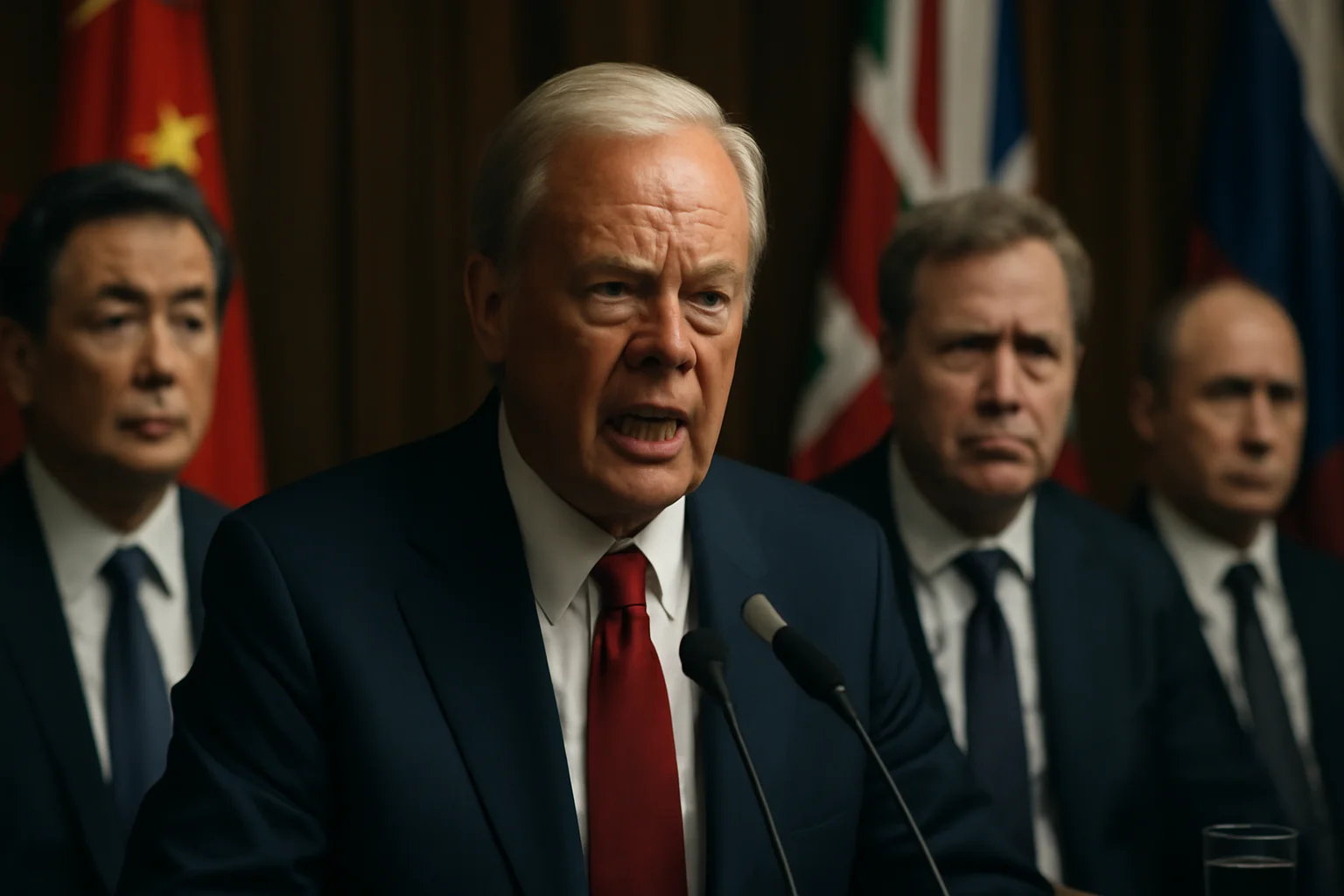
While the ICJ’s ruling is celebrated by many, major emitters and fossil fuel producers remain skeptical or outright resistant to its implications.Countries like the United States and China, the world’s largest emitters, have repeatedly argued that existing treaties like the Paris Agreement are sufficient, and that courts should not impose further obligations.The U.S., which recently withdrew from the Paris Agreement under President Trump, argued that only emissions after global recognition of climate change should be counted for liability.American officials have also pointed out that the ICJ’s advisory opinions are not binding and that U.S. courts traditionally do not cite international law as precedent.Some developed countries, including the UK and Russia, maintain that climate action should remain voluntary and rooted in political negotiation, not legal compulsion.Critics of the ICJ ruling warn that a flood of lawsuits could destabilize international relations and hamper economic development.Yet, the court firmly rejected these arguments, stating that broader international law applies regardless of treaty participation, and that historic emitters must lead in reducing global warming.Environmental organizations and legal scholars counter that accountability is essential for justice and that without it, vulnerable nations will continue to bear disproportionate burdens.Despite official resistance, the ICJ’s decision is already influencing domestic debates, spurring new legislation and emboldening activists to demand stronger climate policies.With more than 3,000 climate lawsuits now active worldwide, the legal landscape is rapidly shifting toward greater scrutiny and potential liability for those who fail to act.
Advertisement
6. A Question of Damages
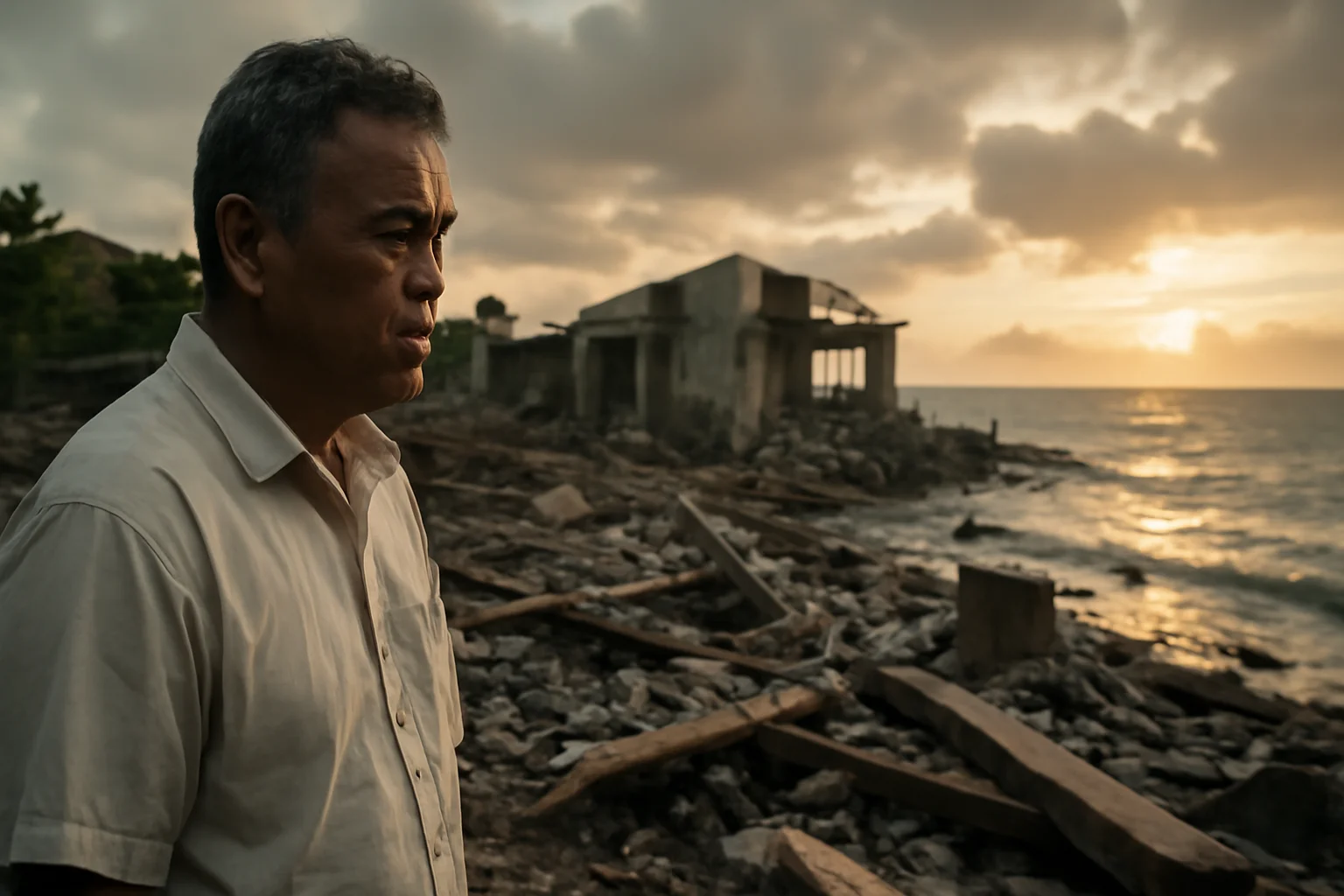
A key feature of the ICJ’s advisory opinion is the explicit recognition that nations harmed by climate change may be entitled to reparations—compensation for losses, damages, and the costs of adaptation.For the first time, the world’s highest court has outlined a path for vulnerable countries to seek justice from those historically responsible for the bulk of emissions.Restitution could mean reconstructing destroyed infrastructure, restoring lost ecosystems, or, where recovery is impossible, direct financial compensation.The court noted, however, that calculating damages is often complex and may require sophisticated scientific analysis to establish causality.For island nations like the Marshall Islands and Vanuatu, adaptation costs run into billions—funds they simply do not have, and which cannot reverse lost land or livelihoods.The ruling clarified that governments are also responsible for the climate impact of companies within their borders, especially if they subsidize fossil fuels or approve new oil and gas licenses.Legal experts predict a wave of new cases, as developing countries look to the ICJ’s opinion for support in claims for historic losses and ongoing adaptation needs.Yet, enforcement remains an open question, as international courts lack the power to compel payment, and major emitters may resist or ignore adverse judgments.Nevertheless, the advisory opinion raises the stakes for global negotiations and increases the political cost of inaction for wealthy countries.In the meantime, the court’s guidance offers a powerful moral and legal tool for vulnerable nations seeking justice in a warming world.
Advertisement
7. Science, Rights, and Responsibility
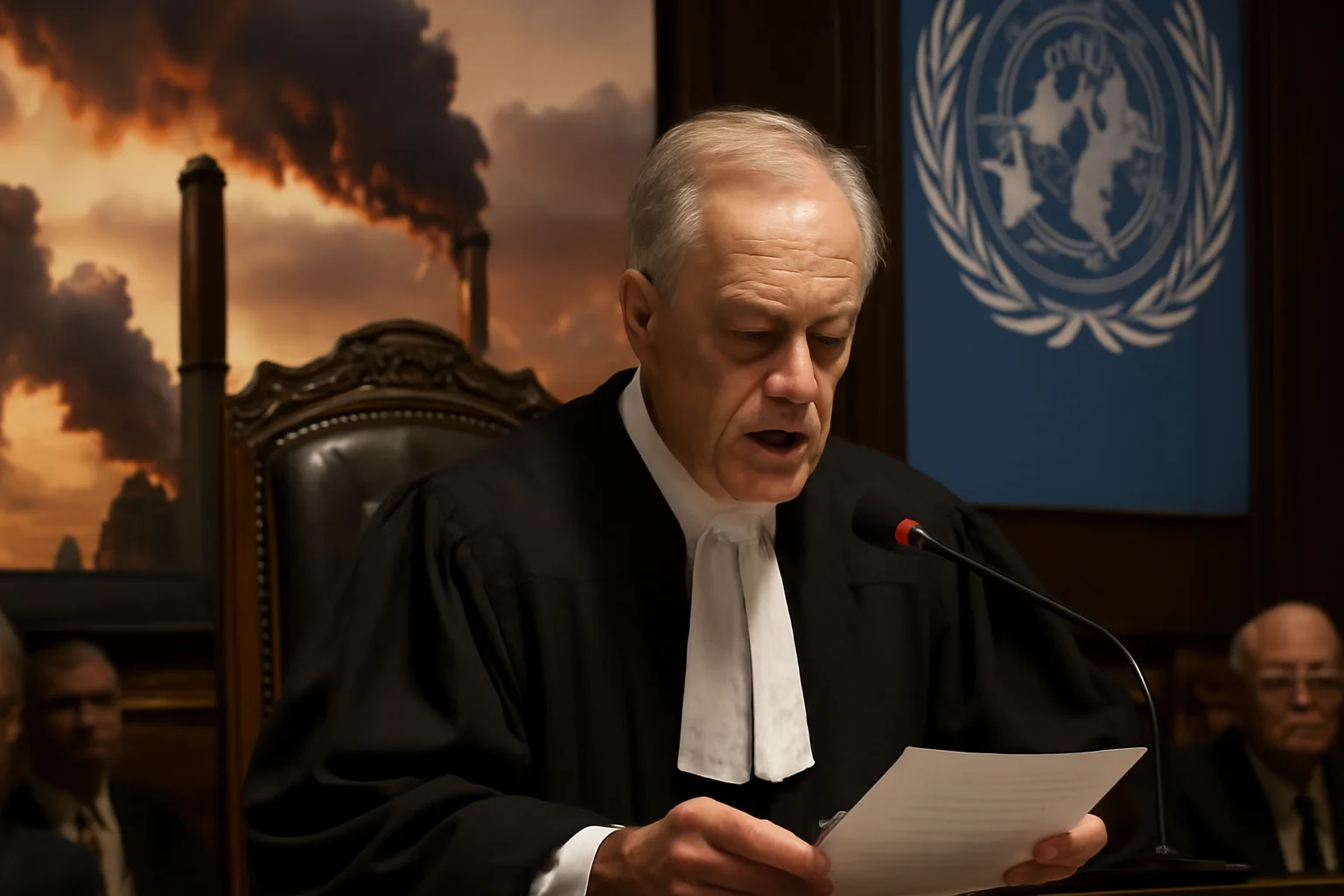
The ICJ’s ruling is grounded not only in legal argument but in the growing scientific consensus about the causes and consequences of climate change.The court accepted that greenhouse gas emissions are unequivocally caused by human activity, primarily the burning of fossil fuels, and that their impacts are not limited by borders.It linked environmental protection directly to human rights, affirming that the right to a healthy environment underpins the enjoyment of all other rights.Advances in climate attribution science now make it possible to trace the contribution of emissions to specific disasters, bolstering legal claims for damages and accountability.This convergence of law and science gives courts new tools to assess responsibility and allocate remedies in climate cases.By holding governments accountable for both action and inaction, the ICJ’s opinion encourages a shift from voluntary pledges to enforceable obligations.The ruling also signals to corporations that regulatory and legal risks are rising, particularly for those who continue to invest in fossil fuels or oppose transition efforts.For rights advocates, the opinion reinforces the notion that climate change is not just an environmental issue but a matter of justice, equity, and dignity for billions.As the world confronts increasingly severe storms, rising seas, and ecosystem collapse, the legal duty to protect people and planet grows ever more urgent.This intersection of science, law, and rights marks a new frontier in the global response to the climate crisis, promising greater accountability—and perhaps, at last, real progress.
Advertisement
8. From Ruling to Action
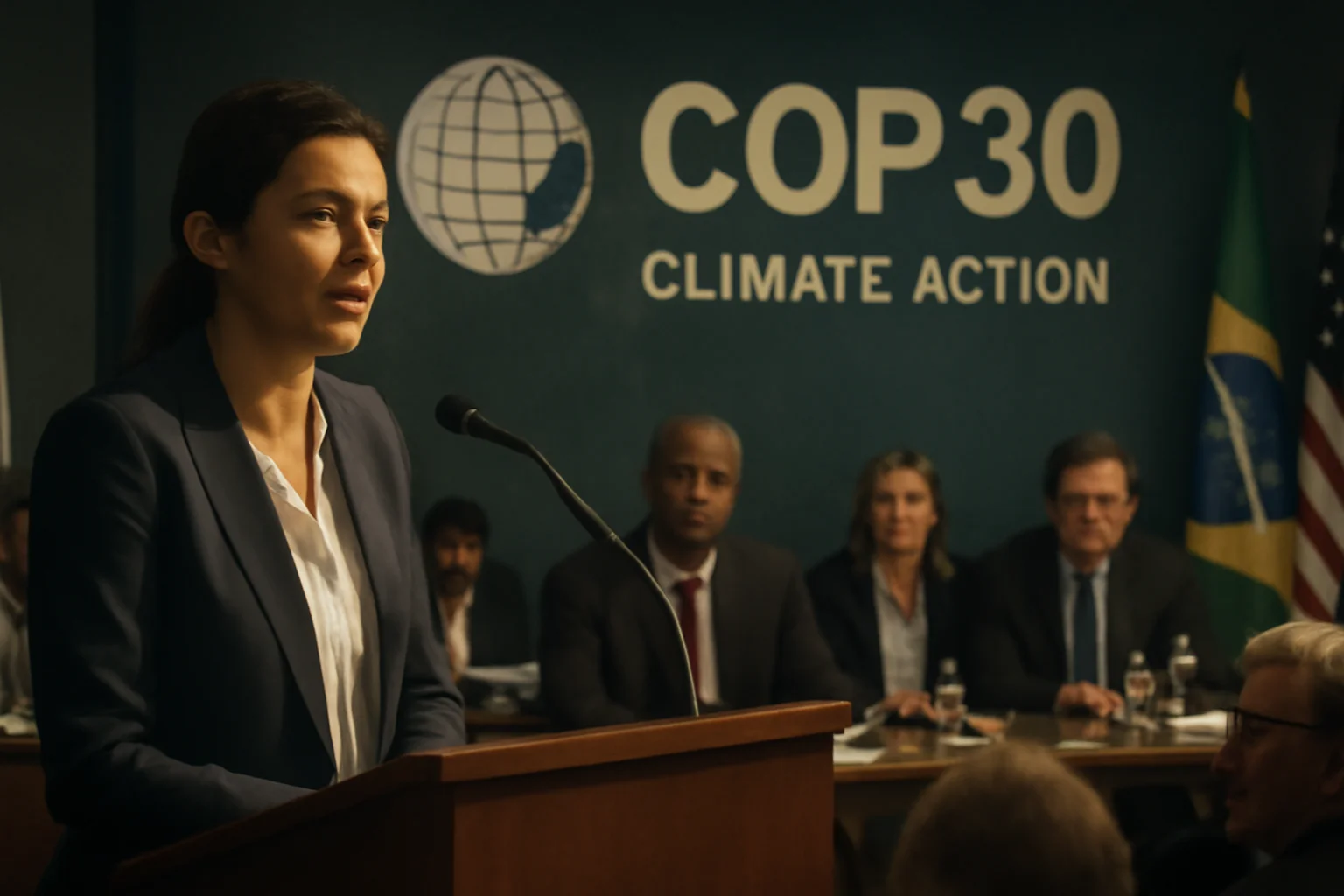
With the ICJ’s advisory opinion in hand, vulnerable countries and climate advocates are now focused on translating this legal victory into real-world change.The immediate challenge is implementation—how to move from a powerful legal declaration to enforceable measures and meaningful compensation.Some nations are preparing to bring fresh cases in domestic and international courts, citing the ICJ’s opinion to demand restoration and reparations for climate harm.Others are leveraging the ruling at major summits, such as COP30 in Brazil, to press for stronger commitments and financial support from developed countries.Legal experts expect the advisory opinion to shape future climate treaties, national legislation, and regulatory standards, as governments adapt to a shifting legal landscape.The decision has already emboldened state and local governments, especially in the U.S. and Europe, to enact more aggressive climate policies even where federal action lags.Grassroots campaigns are using the court’s opinion to raise public awareness, mobilize communities, and pressure leaders for urgent action.Yet, skeptics warn that without continued activism and political will, the ruling could join a long list of unmet international promises.For the Pacific Islanders who launched the case, the struggle is far from over—they are returning home not only with a legal tool but with new hope and global solidarity.Ultimately, the legacy of the ICJ’s ruling will depend on the ability of people, governments, and institutions to build on its momentum and deliver lasting climate justice.
Advertisement
9. Challenges and Controversies
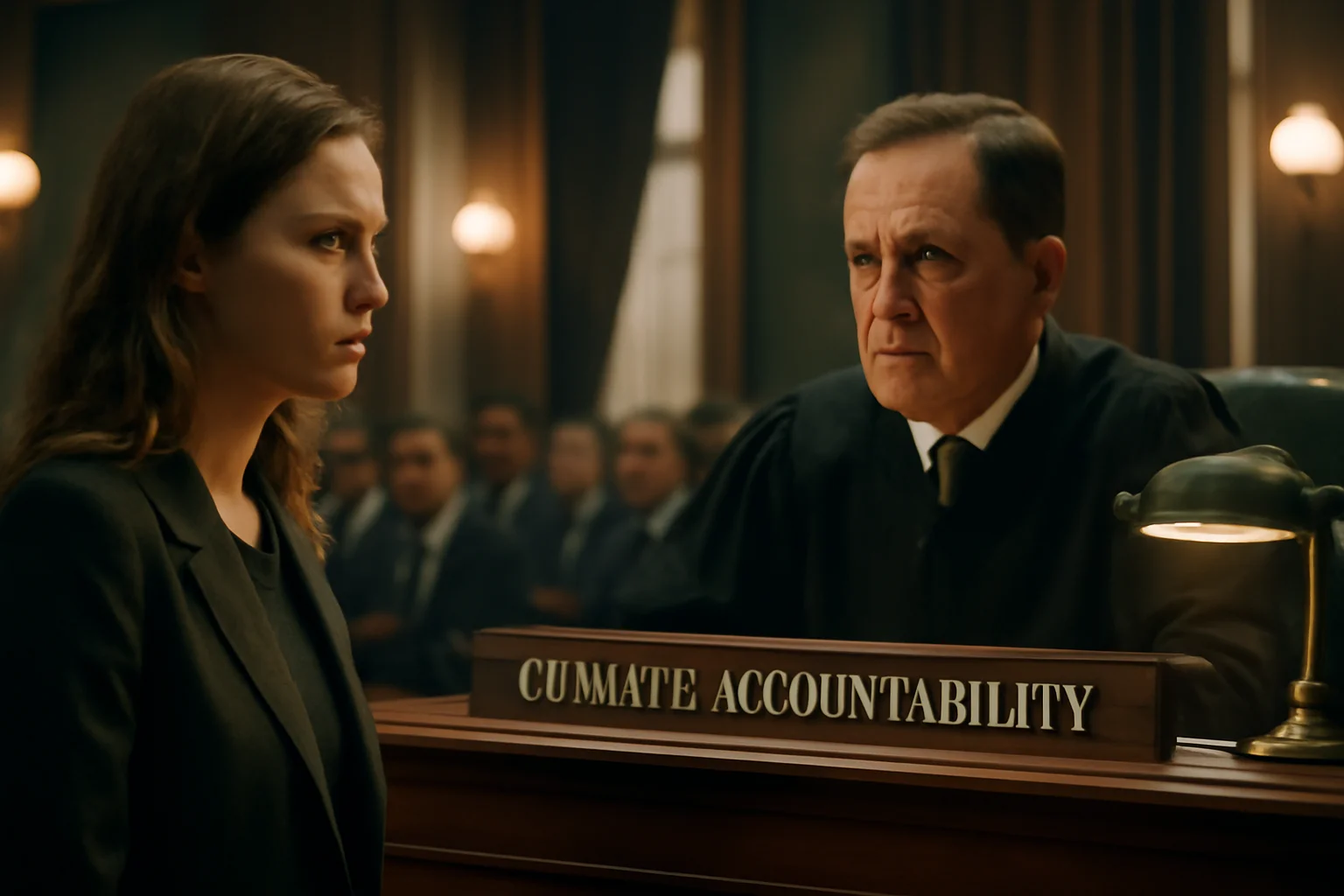
While the ICJ’s opinion is hailed as a turning point, it also faces significant challenges—legal, political, and practical.Advisory opinions are not binding, and enforcement relies on voluntary compliance by states, many of whom are powerful emitters with little incentive to accept liability.Critics argue that international law remains shaped by historic inequalities and is often slow to deliver justice to those most affected by colonialism and exploitation.The decision does not specify which countries must pay, or how much, nor does it establish a mechanism to force compliance or distribute compensation.Major fossil fuel producers continue to lobby against binding legal obligations, and some governments are already signaling resistance to new regulations or lawsuits.Legal analysts caution that attributing specific losses to climate change—and then assigning liability—will be a complicated, contested process in courtrooms around the world.Others note that political realities, from trade to security concerns, may override legal or moral arguments, particularly among the most powerful nations.Despite these obstacles, climate campaigners remain undeterred, arguing that the ruling fundamentally shifts the narrative and puts pressure on lagging countries.Supporters hope that continued litigation, combined with mounting public pressure, will eventually make climate accountability unavoidable.As the debate intensifies, the ICJ’s decision stands as a benchmark—a reminder that justice, though slow and uncertain, is not beyond reach.
Advertisement
10. New Era for Climate Justice
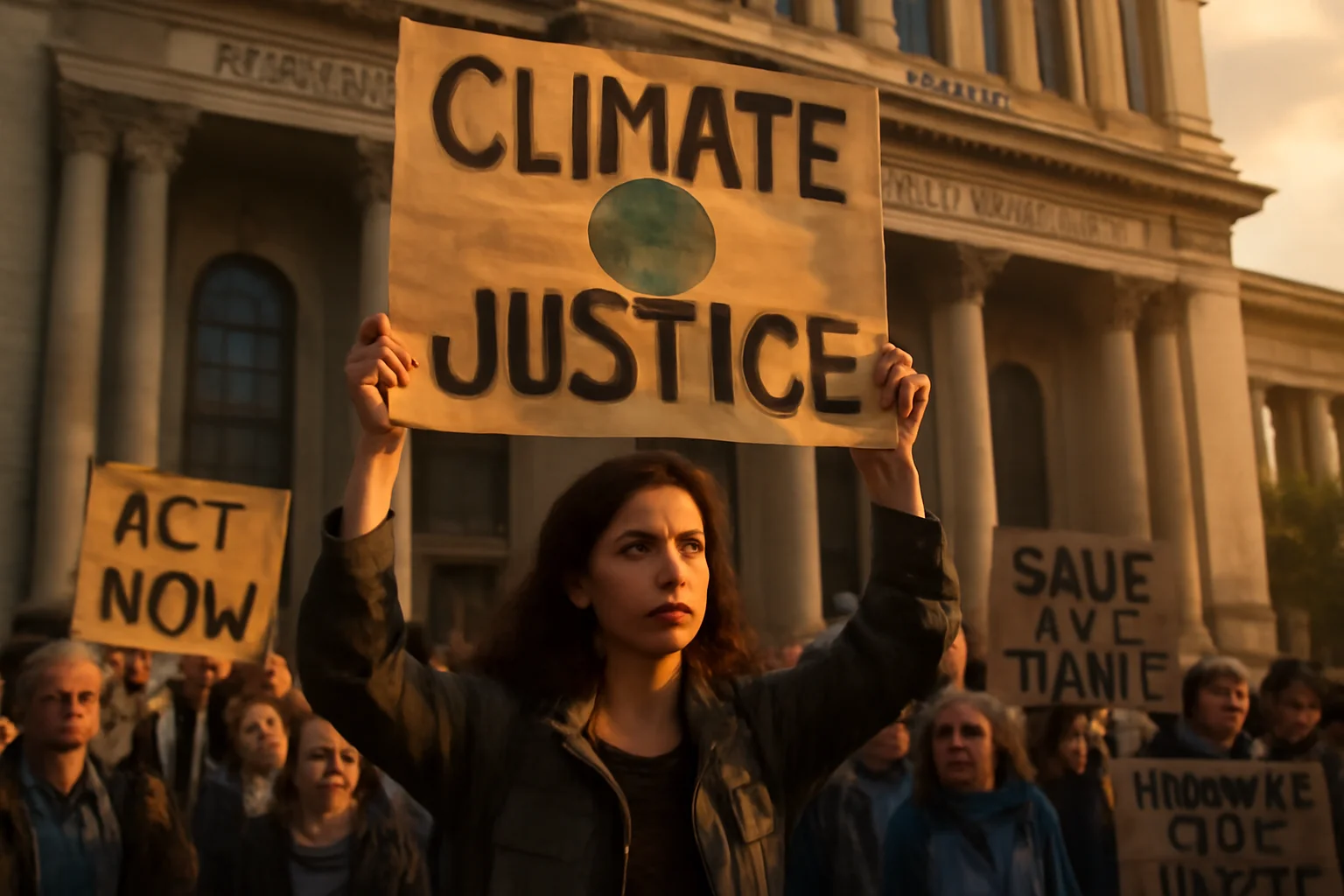
The ICJ’s historic ruling represents more than a legal milestone—it marks the emergence of a new paradigm for global climate governance and accountability.By framing climate action as a legal duty, not just a policy choice, the court has elevated the voices of vulnerable nations and shifted the terms of debate.The decision will reverberate through upcoming climate talks, government policies, and courtrooms for years to come, setting a higher standard for ambition and responsibility.It empowers communities facing existential threats to demand real remedies—not just promises—from those most responsible for the crisis.While questions remain about implementation and enforcement, the symbolic and practical impact of the advisory opinion is undeniable.For youth activists, island leaders, and millions worldwide, the ruling is proof that persistence and solidarity can change the course of history.The coming years will test whether the world’s most powerful countries are willing to accept their share of responsibility and act in good faith.In the end, the court’s message is clear: the era of impunity for polluters is ending, and a new era of climate justice—however imperfect or hard-won—is beginning.The world now faces a choice: heed the call for justice, or risk leaving behind a legacy of unchecked harm and broken promises.For many, the ICJ’s decision is not the finish line, but the starting gun for the most consequential fight of our time—a fight to secure a livable, just, and sustainable future for all.
Advertisement
Advertisement
You May Also Like
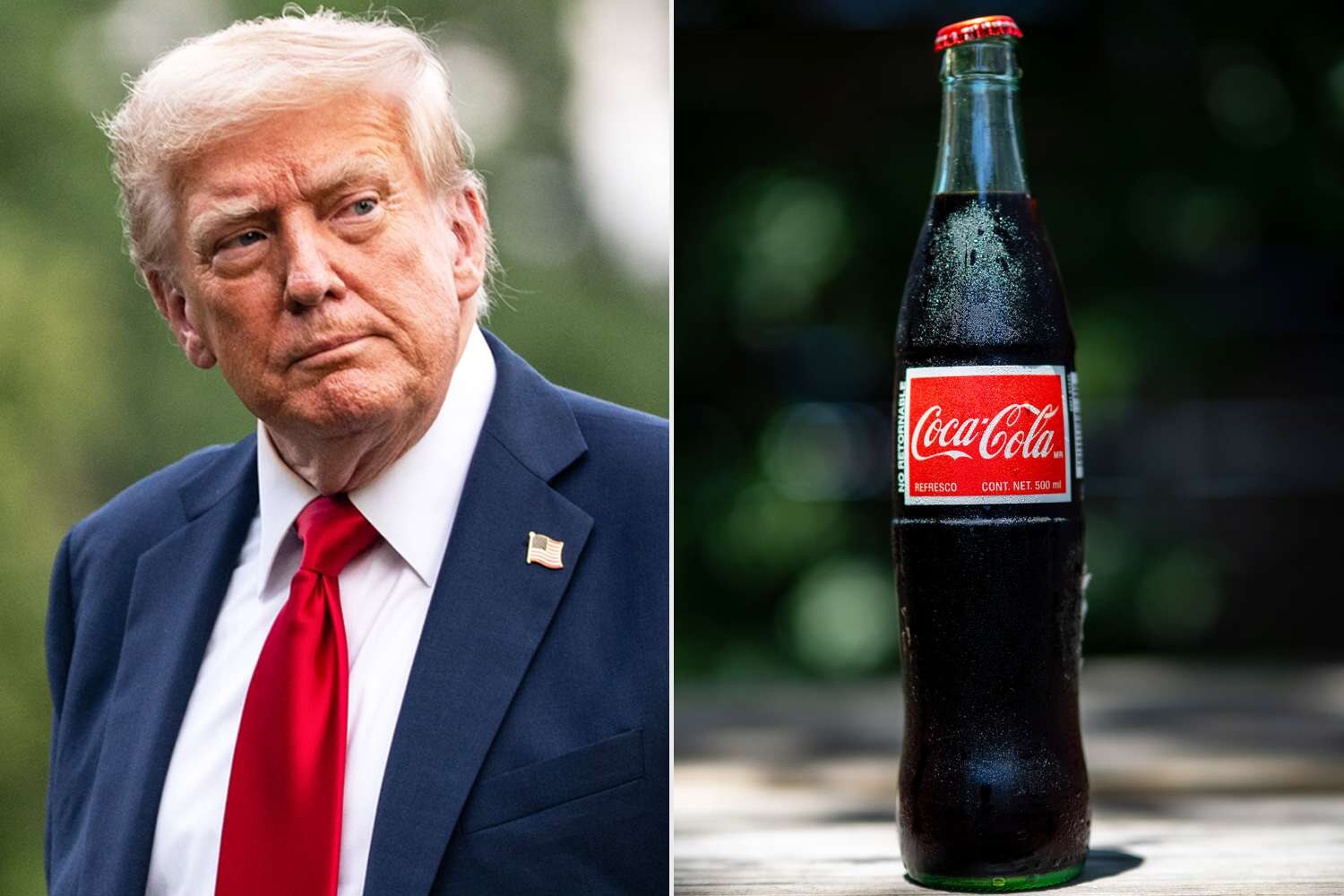
Coca-Cola Will Launch a Version of Coke With Cane Sugar in the U.S. This Fall
That's pretty good, right?

Shia LaBeouf and FKA Twigs Reach Settlement in Sexual Assault and Battery Lawsuit
This was still going on?


